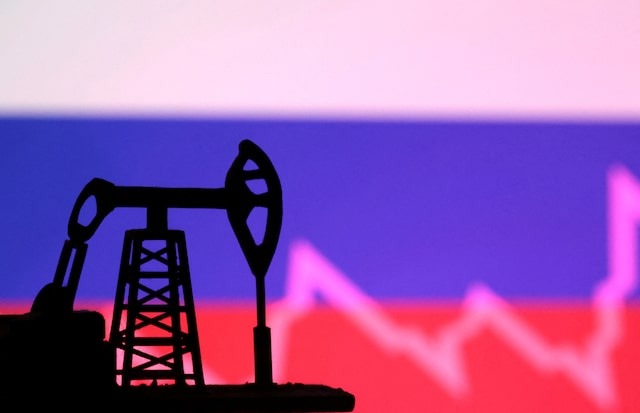
According to Reuters, most G7 nations, led by the European Union, the United Kingdom, and Canada, are prepared to lower the price cap on Russian oil from $60 to $45 per barrel even without the participation of the United States.
Discussions on this measure were the focus of the G7 Summit held in Canada from June 15-17, 2025. The current price cap of $60 per barrel, implemented in late 2022, allows Russian oil to be sold to third-party countries if insured by the West. However, due to declining global oil prices and the discount at which Urals oil (Russia’s primary export blend) is being sold, this mechanism has lost its effectiveness.
According to four anonymous sources, the EU and the UK are ready to take the lead on this unilateral initiative, with support from Canada and other European G7 nations, despite unclear positions from the US and Japan. One source stated, “Europe is pushing for a reduction from $60 to $45. Canada, the UK, and possibly Japan are signaling positively. We will use the G7 to bring the US on board.”
The Washington office has not responded yet. At the previous G7 finance ministers’ meeting in Banff, Canada, US Treasury Secretary Scott Bessent remained unconvinced of the need to lower the price cap. Nonetheless, some US senators, such as Lindsey Graham, have voiced support for tightening sanctions.
The 18th EU sanctions package, which includes measures such as the oil price cap, requires the consensus of all 27 EU nations and may take a few weeks to finalize.
While the US plays a crucial role in dollar-based payments and the banking system, the EU and its European allies can still act unilaterally due to their control over marine insurance and influence over the fleet adhering to international law.
The aim of this policy is to restrict Russia’s oil and gas revenues and increase pressure on the “shadow fleet” – a network of vessels evading sanctions.
The Struggling Seafood Company: A Tale of Woes and Penalties
The seafood processing company, Ut Xi, continues its bleak financial performance with a loss of VND 14 billion in the last 9 months, extending its dreary business days from 2020 until now.
The Secret Commission: How Banks Push Loans to Sell Insurance
Financial experts have revealed that, in the first half of this year, there has been feedback regarding customers being required to purchase insurance packages to access loan disbursements. The root cause of this issue lies in the high commissions offered by insurance companies for investment-linked insurance products, with some companies paying over 100% in commissions to their partners, leading to this unscrupulous behavior by banks.



















